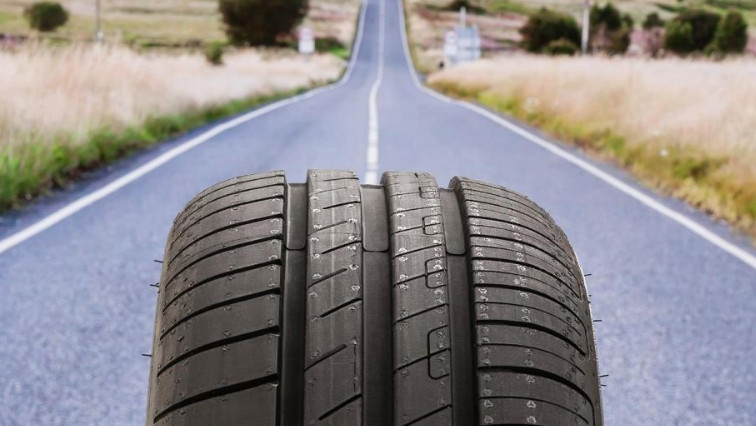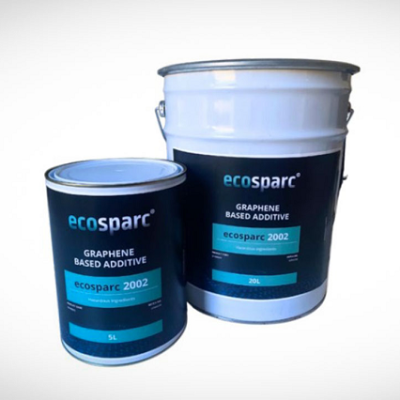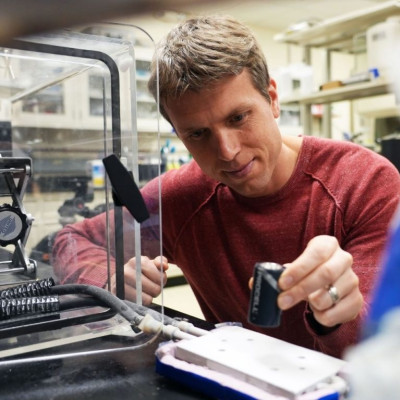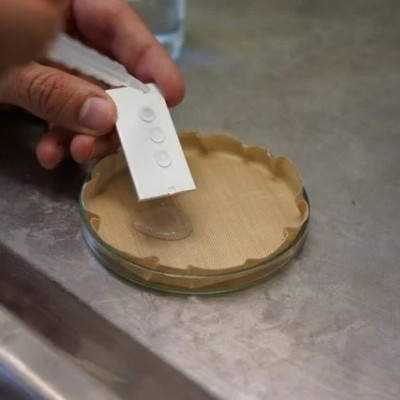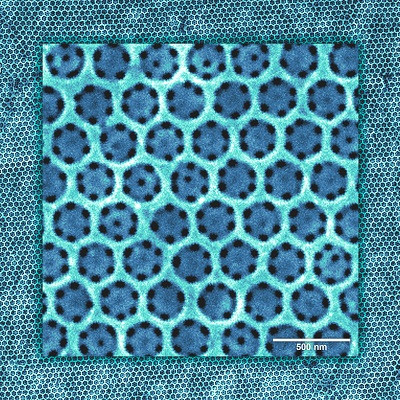A Greater Manchester start-up company has launched the first of a range of products aimed at reducing wastage from vehicle tyres, supported by the Graphene Engineering Innovation Centre’s (GEIC) ERDF Bridging the Gap programme at The University of Manchester.
In conjunction with the GEIC, Dr Vivek Koncherry (pictured) developed SpaceMat – a flooring product that uses graphene to improve dramatically the performance of recycled tyre rubber compared to previous efforts.
It’s estimated that 1.5 billion waste tyres are generated globally every year and most end up in landfill or being burned. Numerous attempts have been made to produce high-quality recycled rubber from tyres, but the shedding of microparticles from resultant products has raised concerns over environmental health.
Vivek’s company Space Blue has successfully developed graphene-enhanced recycled rubber products for mass-market applications that address this issue.
Graphene-enhanced performance
The SpaceMat product is constructed from 80% waste tyre material and 20% graphene-enhanced natural rubber. The graphene more than doubles the compressive strength of the rubber, in turn increasing the durability of the mat. Using graphene, it is possible to engineer the mechanical performance of the recycled material, bringing it close to the performance of a virgin polymer system.
James Baker, CEO Graphene@Manchester, said: "Our Bridging the Gap programme specifically targets Greater Manchester-based SMEs and has been a great opportunity to support local innovation. It's really exciting to see this new company entering into the market, in particular with its focus on supporting environmental sustainability and a good re-use of scrap tyres, which otherwise could cause significant pollution and waste product."
Avoiding the 'valley of death'
Innovation in the area of sustainability is one of the criteria governing research activities at GEIC and is also vital in securing funding from the Bridging the Gap programme.
Bridging the Gap aims to help SMEs like Vivek’s make the transition from original idea to market-ready product, avoiding the so-called ‘valley of death’, where many potential innovations founder due to lack of funds and/or industrial know-how.
Paul Wiper, Application Manager for Bridging the Gap at the GEIC, said: “This is exactly the type of enterprise and concept our BtG programme aims to address. We offer technical input and R&D programmes to Greater Manchester start-ups and existing companies to accelerate graphene-based products and processes.”
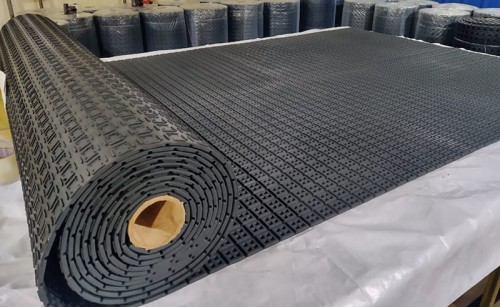
Having launched SpaceMat to market, Vivek is now developing a series of products, including traffic cones and anti-viral doormats, and is looking for partners to licence and promote the technology globally.
“SpaceBlue is on a mission to solve the global problem of waste tyre using graphene by developing sustainable and circular economy products,” said Vivek. “Thanks to colleagues at the GEIC and funding from Bridging the Gap, we’re making real progress towards achieving that goal.”
Read the original article on The University of Manchester.

